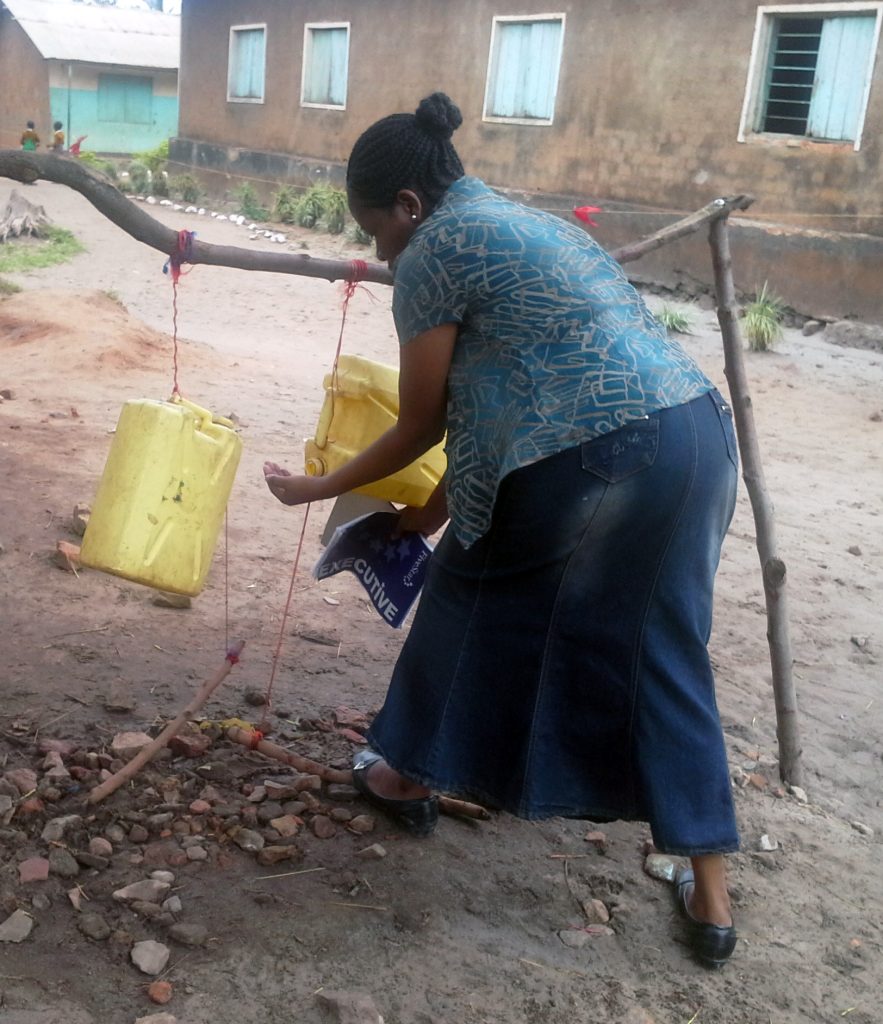Author: Anne Fox
Innovative Training Models in Tanzania
I-TECH Tanzania has implemented many pre- and in-service training initiatives and materials, as well as adopted TrainSMART. Continue reading “Innovative Training Models in Tanzania”
Field Epidemiology Training Program (FETP) in Tanzania

For Tanzania to meet a WHO-specified target of one or more epidemiologists per 200,000 population [1] it will require an additional 250 epidemiologists who are well-trained and geographically distributed in all regions of the country.
To help address this gap, I-TECH, in collaboration with the Centers for Disease Control and Prevention (CDC) and the Ministry of Health Community, Development, Gender, Elderly and Children in Tanzania, launched a new Intermediate Field Epidemiology Training Program (FETP) for mid-level health professionals.
Continue reading “Field Epidemiology Training Program (FETP) in Tanzania”
Differentiated HIV Service Delivery Models in Tanzania
In October 2016, the Government of Tanzania adopted the World Health Organization’s (WHO) Treat All recommendations. The adoption of WHO recommendations, coupled with the Government of Tanzania’s acceptance of the UNAIDS 95-95-95 targets represents a significant commitment to the fight against HIV in Tanzania.
Continue reading “Differentiated HIV Service Delivery Models in Tanzania”
Improving HIV Care and Treatment across the Caribbean
I-TECH supports a variety of activities aimed at improving HIV care and treatment in the Caribbean region, such as on-site clinical mentoring, development of training curricula, and providing clinical support materials to improve care and treatment for HIV/AIDS in the Caribbean region.
Continue reading “Improving HIV Care and Treatment across the Caribbean”
eLearning Programs in the Caribbean
I-TECH has partnered with universities and ministries of health (MoH) in the region to develop accessible in-service training opportunities for HIV providers using distance and blended learning.
Improving HIV Care for Key Populations in the Caribbean
Key, at-risk populations in the region include men who have sex with men (MSM), bisexual men, transgender women, and sex workers. In Jamaica, HIV prevalence among MSM was estimated at 32.8%,1 as compared to an estimated prevalence of 1.8% in the general adult population in 2017.1 Among transgender women, the HIV prevalence was estimated between 25.2%2 – 52.9%3 and among female sex workers, HIV prevalence is estimated at 2%.1 Reducing stigma and discrimination toward vulnerable groups in health care settings can have a positive impact on enrollment in care, retention in care and treatment, and viral suppression of HIV in communities most heavily burdened by HIV infection.
Continue reading “Improving HIV Care for Key Populations in the Caribbean”
Continuous Quality Improvement Collaborative in the Caribbean
Since 2013, I-TECH has led quality improvement (QI) collaboratives in the Caribbean region, enabling multidisciplinary teams at health facilities to work toward a common goal of improving care and treatment for HIV-positive patients.
Continue reading “Continuous Quality Improvement Collaborative in the Caribbean”
Layering Research and Practice in Haiti
The EMR iSanté enables research on population health in Haiti, including the implementation of Option B+. This work was presented at the International AIDS Society Conference in 2015 Continue reading “Layering Research and Practice in Haiti”
Field Epidemiology Training Program in Malawi
The Frontline Field Epidemiology Training Program (Frontline FETP) enhances the capacity of HIV and AIDS surveillance and strengthens health systems. The program contributes to a sustainable response to HIV by training health professionals in basic field epidemiology that can support responsiveness to HIV surveillance needs. Continue reading “Field Epidemiology Training Program in Malawi”